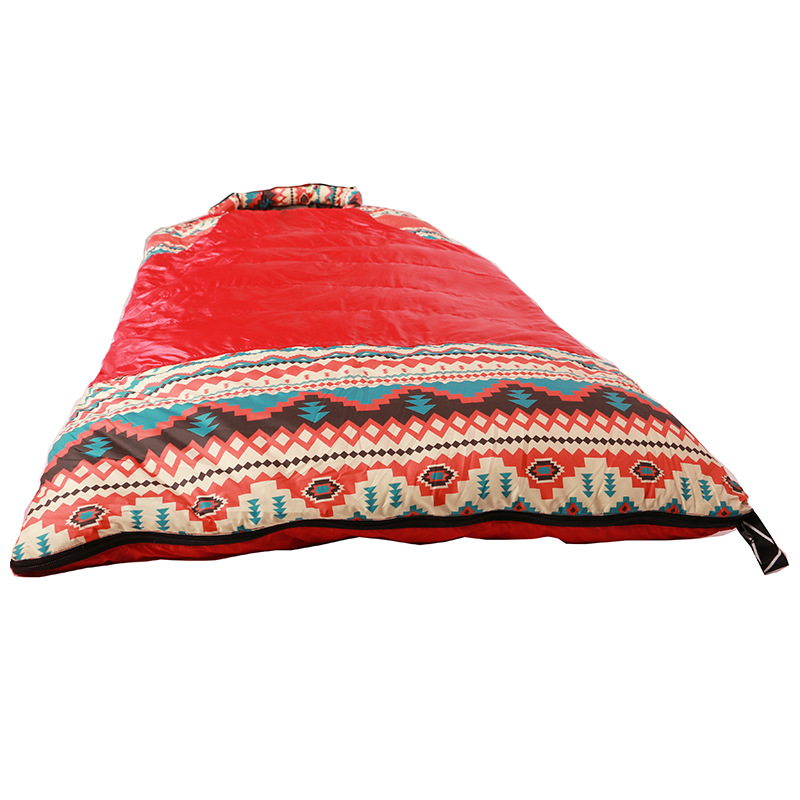
Dek . 31, 2024 07:24 Back to list
China Gabion Box Solutions for Durable and Eco-Friendly Landscaping and Erosion Control
The Versatile Applications of China’s Gabion Box Products
Gabion boxes are increasingly becoming a sought-after solution in construction and civil engineering, particularly in China. These innovative products, typically made from steel wire mesh and filled with natural stones, serve a variety of functions ranging from erosion control to aesthetic landscaping. The growing demand for gabion boxes is no mere coincidence; their versatility, durability, and cost-effectiveness make them an attractive option for many applications.
1. Erosion Control
One of the primary uses of gabion boxes is for erosion control. In regions prone to rain and flooding, soil erosion can be a significant concern. Gabion boxes can be strategically placed along riverbanks, slopes, and hillsides to absorb the impact of water runoff. The heavy weight of the boxes helps to stabilize the soil and prevent dislodgment, effectively acting as a barrier against the forces of nature. By using gabion boxes, engineers can create a more sustainable environment while minimizing the risk of land degradation.
2. Retaining Walls
In construction, gabion boxes are frequently used to create retaining walls. Due to their flexible design, they can accommodate soil shifts and adjustments over time, making them an excellent alternative to traditional concrete walls. Galvanized steel wire mesh, commonly used in the production of gabion boxes, provides excellent corrosion resistance and ensures longevity. The modular aspect of gabion boxes allows for easy customization to fit specific site requirements and enhances the overall aesthetics, blending harmoniously with the natural landscape.
3
. Flood Preventionchina gabion box product

With climate change leading to increased flooding risks in many areas, gabion boxes provide an effective solution for flood prevention. They can be used to build barriers and levees that mitigate flooding impacts. When filled with stones, the density and weight of the gabions create natural barriers against water infiltration. This proactive measure not only protects infrastructure but also safeguards surrounding communities, ensuring that life can continue uninterrupted even during adverse weather conditions.
4. Landscaping and Aesthetic Enhancement
Beyond their practical uses, gabion boxes are also popular in landscaping for their aesthetic appeal. They can be designed into various shapes and sizes to create visually striking features in gardens, parks, and public spaces. Whether used as decorative walls, planters, or seating elements, gabion boxes offer a natural look that blends seamlessly with the environment. The ability to incorporate different types of stones allows for endless creative possibilities, making them an ideal choice for landscape architects.
5. Cost-Effectiveness and Sustainability
From an economic standpoint, gabion boxes are also beneficial. They are typically less expensive than traditional construction materials like concrete and masonry. Furthermore, they can be assembled quickly and require minimal labor, reducing overall project timelines and costs. Given their reliance on natural stone and recycled materials, gabion boxes contribute to sustainable building practices, appealing to environmentally conscious consumers and businesses alike.
Conclusion
In summary, the demand for gabion boxes in China continues to grow due to their versatility, efficacy, and visual appeal. As a multifaceted solution for erosion control, retaining walls, flood prevention, and landscaping, these products exemplify modern engineering's ability to harmonize functionality with sustainability. With continued innovation and application, gabion boxes are poised to play a pivotal role in shaping resilient infrastructure and enhancing our natural landscapes for years to come. Whether for practical uses or aesthetic enhancements, gabion boxes represent a valuable addition to any construction or landscaping project.
-
XL Waterproof Picnic Rug - Spacious, Waterproof Mat for Outdoor Adventures
NewsJul.20,2025
-
Picnic Blanket Backpack – Durable Quilted Mat, Ideal for Outdoor Activities, Direct from Factory
NewsJul.08,2025
-
Picnic Blanket Fleece – Extra Large, Soft & Durable Outdoor Blanket from Leading Factory Suppliers
NewsJul.08,2025
-
Premium Outdoor Sleeping Bag for Baby – Wholesale Suppliers, Factories & Manufacturers
NewsJul.08,2025
-
Sleeping Bag Camping Wholesale – China Outdoor Camping Sleeping Bag Manufacturer & Supplier
NewsJul.07,2025
-
Best Outdoor Camping Tents for Sale China Wholesale Supplier & Manufacturer
NewsJul.07,2025
